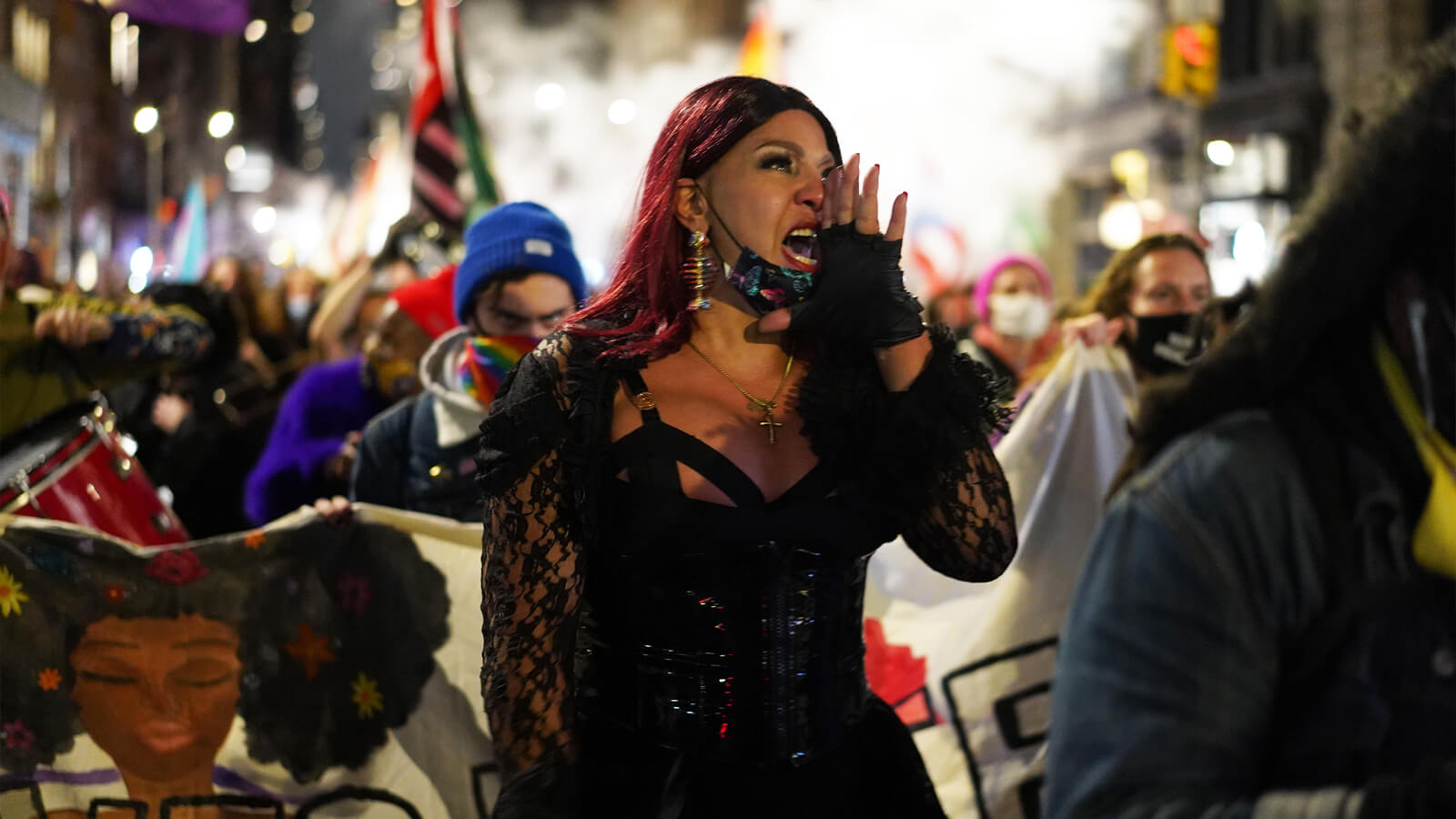Lavinya Stennett: The Trailblazer Putting Black History On The Educational Agenda
November 2020 was when I first interviewed Lavinya Stennett, founder of The Black Curriculum, about her work to transform the British educational system. That year marked a time of lows – the aftermath of George Floyd’s death during a pandemic – and highs – she had just been featured on a seminal cover of British Vogue. And so much of our conversation focused on the importance of rest for activists; something that felt especially pertinent in a year that was, she agreed, “emotionally exhausting” for Black people everywhere. Nevertheless, Stennett’s demeanour was upbeat and joyful. Fast forward two years, she remains the same affable, funny, detail-oriented person who has big dreams about changing the world: “I will not rest until there is educational access for all.”
The Black Curriculum (TBC) works to ensure Black British history is taught holistically across the UK. Stennett created TBC after a trip to New Zealand in 2019 where she began to feel that, just like Indigenous histories, “Black history in the UK is sidelined.” A recent report found that only 11% of secondary education students learn about Black British history, and without sufficient knowledge, it’s easy for young people to grow up thinking Black people are not part of the British story. As TBC emphasises on its website, “When young people are not taught their history… their sense of identity and belonging is negatively impacted.” Hence the organisation hosts school workshops, curriculum consultations and teacher training programmes dedicated to uplifting Black British history in schools across the UK.
In 2020, following the rebirth of the Black Lives Matter movement, TBC went mainstream but, for Stennett, there is still more work to do. So far, the British government has declined to work with TBC as it claims the curriculum is already sufficiently diverse but, with ongoing culture war debates about race and Empire, it is clear fears about ‘woke’ politics are also at play.
Nevertheless, Stennett is trying to reach across the political aisle. “It’s something we’re dealing with… we choose what we say. We won’t use certain words such as ‘decolonise’ because it’s going to trigger a lot of people who just don’t get it. We look for other terms to explain what we’re doing.” And she has plans beyond the UK. “It’s key that we also amplify narratives within Black history in parts of Europe, the Caribbean and America. The time has come for TBC to go global.”
Seun Matiluko is a British writer and researcher in law, race and politics. She has written for publications including Gal-dem, The Independent and Glamour and is a Frank Knox Memorial Fellow at Harvard Law School, Massachusetts




